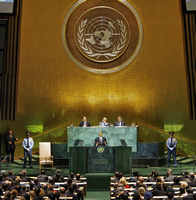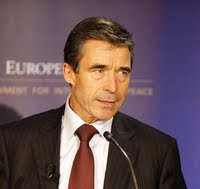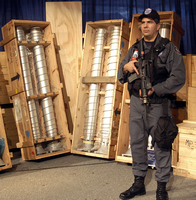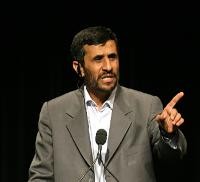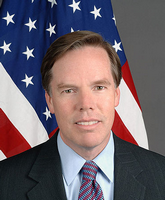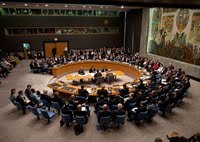
UNITED NATIONS — President Barack Obama sprinted through three days of international diplomacy at the United Nations General Assembly, vowing to re-engage the world body and pushing through a Security Council resolution that inched him closer to his dream of a nuclear weapons-free world — all the while warning he would never apologize for defending America’s interests. The resolution, passed unanimously yesterday, aims at deterring countries from withdrawing from the Nuclear Nonproliferation Treaty and preventing civilian nuclear programs from being diverted toward the development of nuclear weapons. Its passage was the most tangible victory for Obama, who entered this week […]

